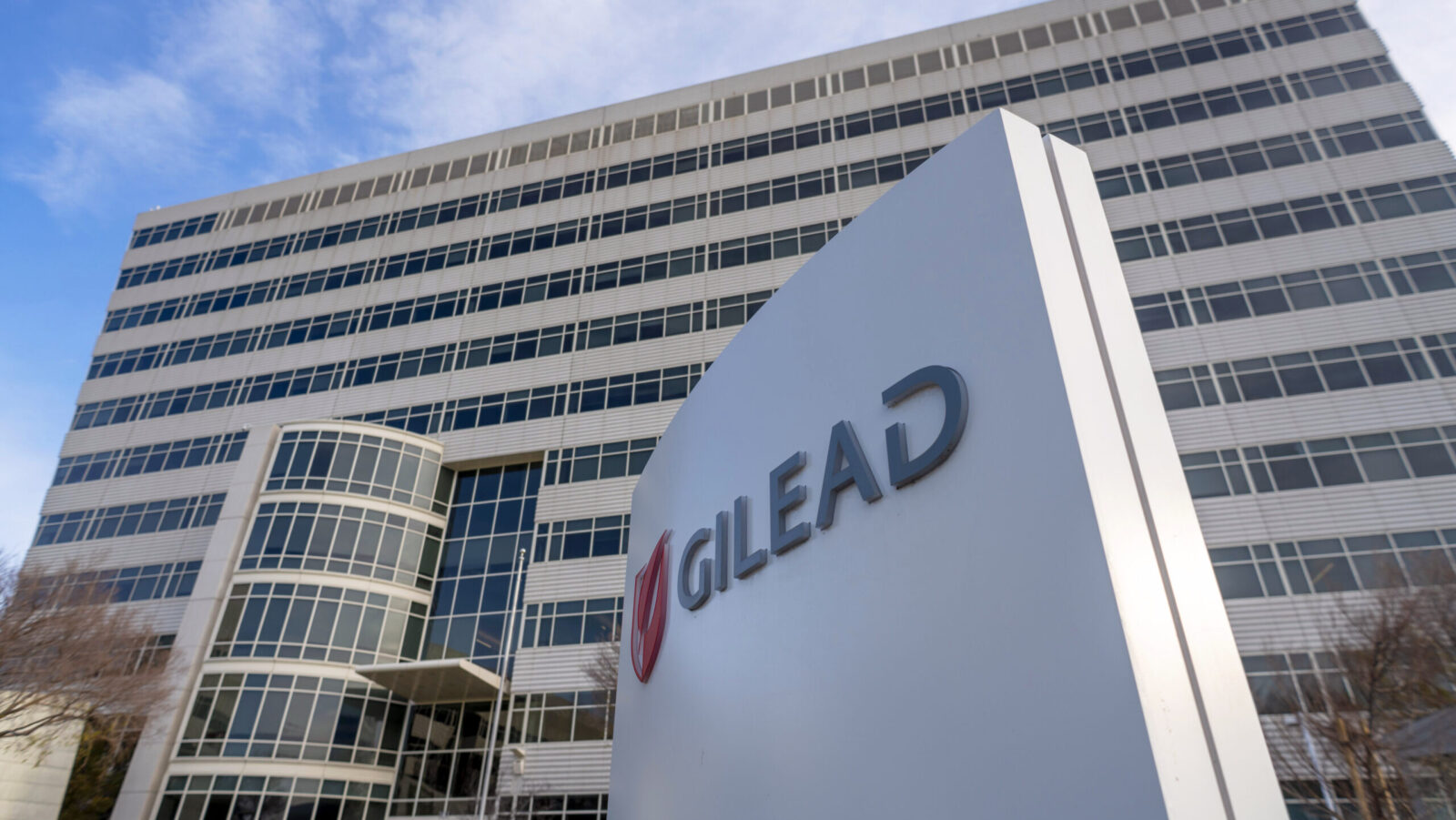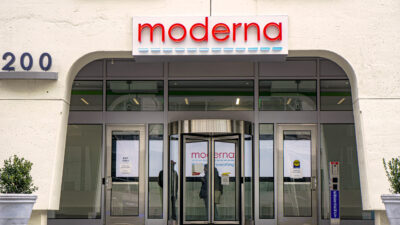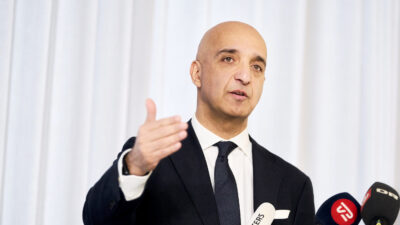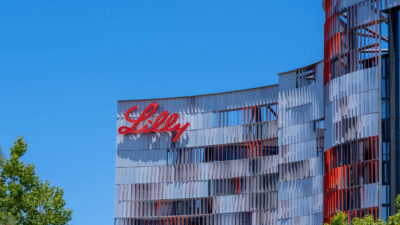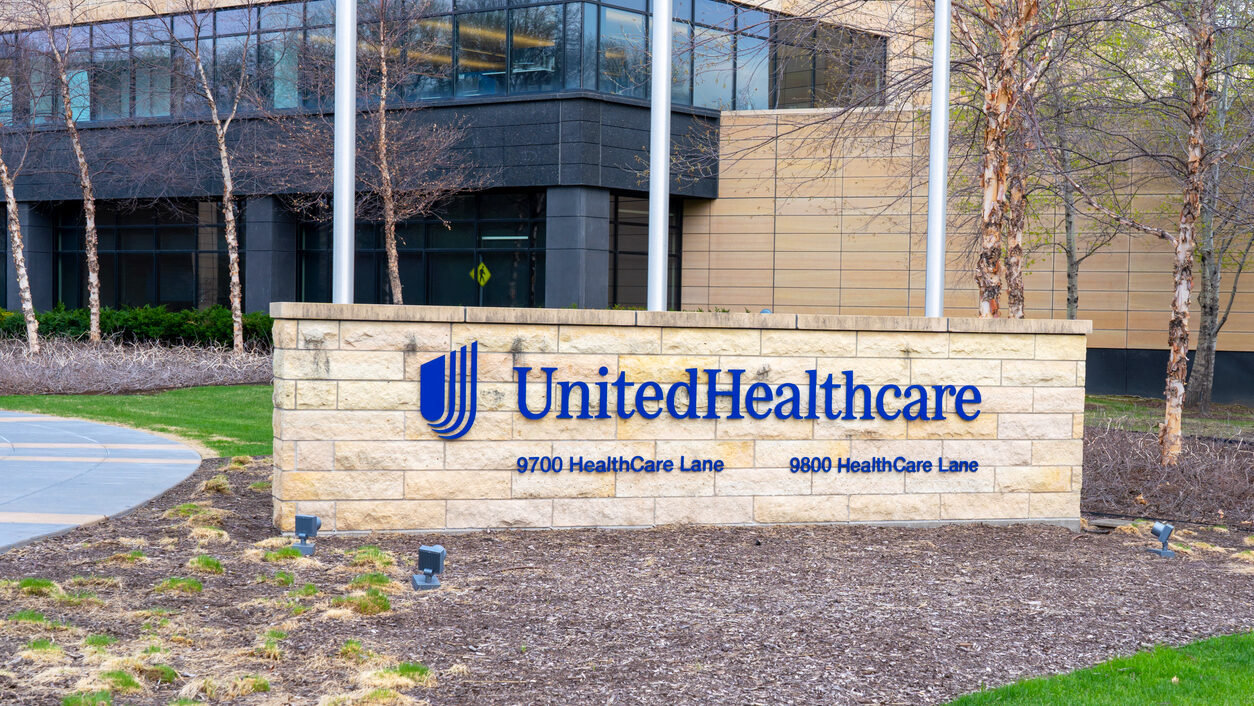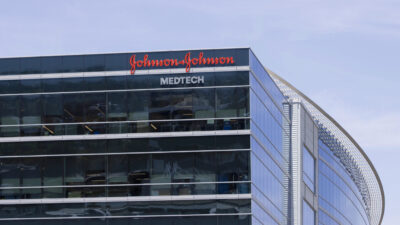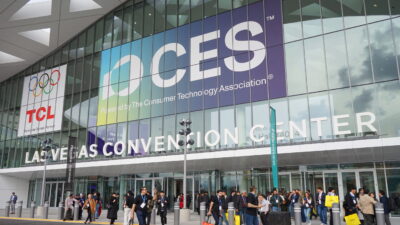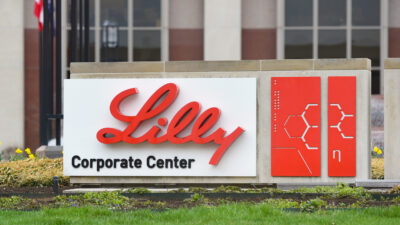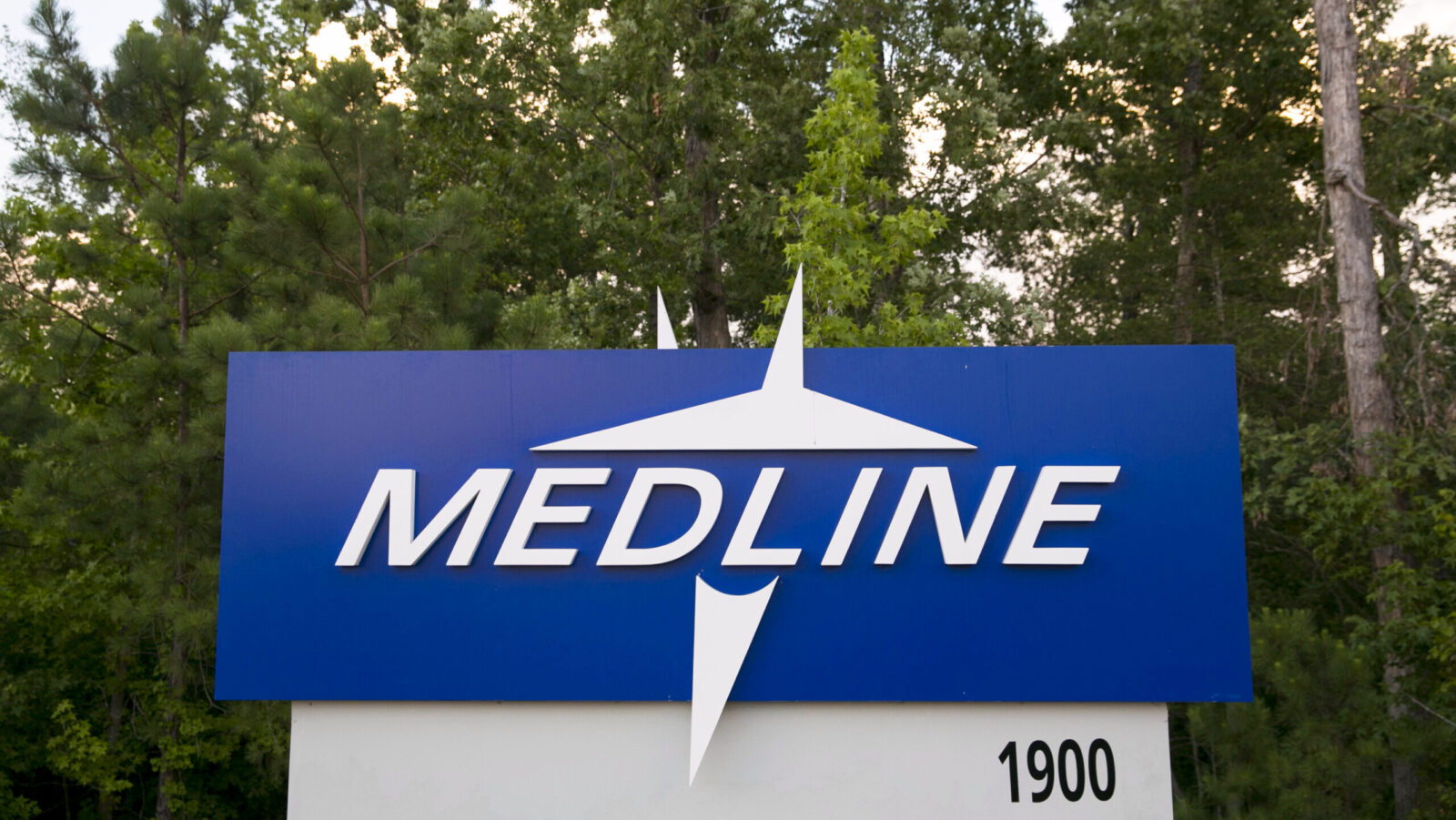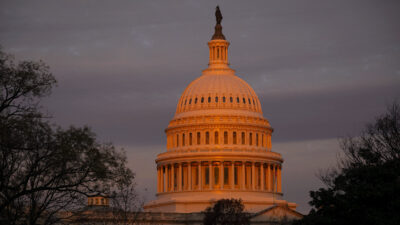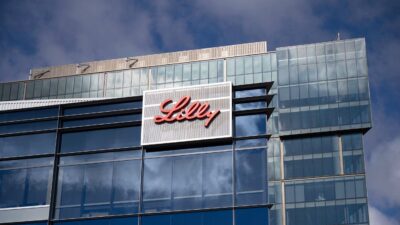Eli Lilly Captures Major Lead in Weight-Loss Pill Race
Morgan Stanley analysts have estimated that Lilly’s GLP-1 pill could bring in as much as $40 billion in annual sales by 2033.
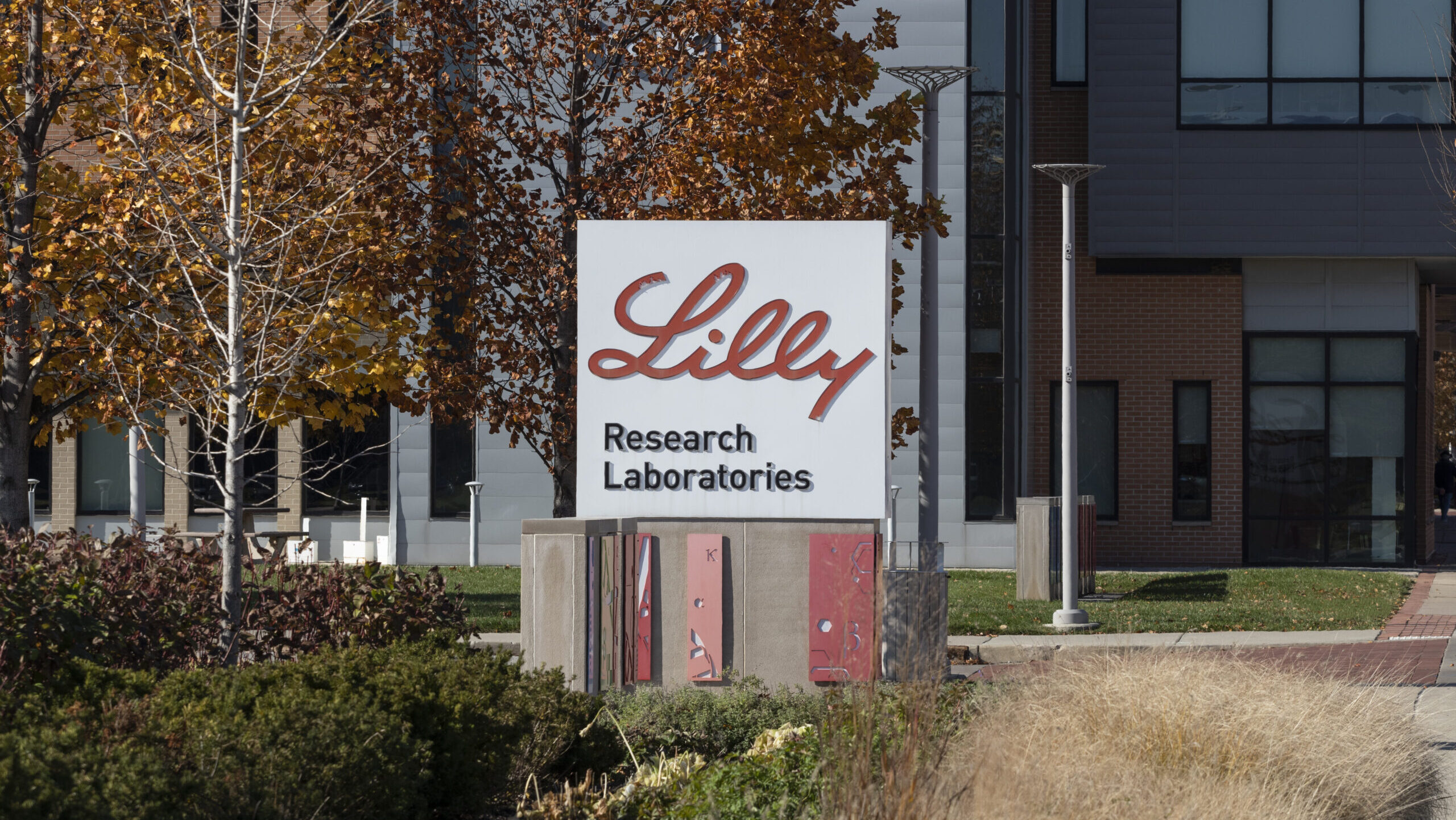
Sign up for smart news, insights, and analysis on the biggest financial stories of the day.
Eli Lilly tipped the scales Tuesday, announcing a successful trial of its weight-loss pill that led stock in competitors to shed some muscle mass.
The pharmaceutical giant now has the trial data in hand to seek approval from regulators around the world, meaning its pill orforglipron could soon swallow a large chunk of the highly lucrative GLP-1 drug market.
No More Needling
GLP-1 drugs, which reduce a person’s appetite by suppressing gut hormones, have unlocked a Scrooge McDuck vault’s worth of revenue for Indianapolis-based Lily and its main rival in the space, Denmark’s Novo Nordisk. The two companies brought in a combined $41 billion from the treatments last year. But Lilly’s Mounjaro and Zepbound and Novo’s Ozempic and Wegovy have, until now, had one sharp problem: needles are required to administer them.
Up to a quarter of adults are afraid of needles, according to the US Centers for Disease Control and Prevention, meaning a GLP-1 weight loss treatment in pill form could open up billions more in revenue by offering a phobia-free experience. As a result, Lilly and Novo have faced off in a veritable space race to get their own to market: In May, the US Food and Drug Administration accepted Novo’s application for an oral version of Wegovy, with a decision expected in the fourth quarter that could make it the first such pill to gain regulatory approval. But the late-stage trial results for Lilly’s pill come with the advantage of convenience:
- Unlike Novo’s pill — which must be taken on an empty stomach followed by a 30-minute waiting period before the patient eats, drinks or takes other medicine — Lilly’s pill comes with no dietary restrictions. The Indianapolis company reported that participants in its latest study lost an average of 22.9 pounds, or 10.5% of their body weight, when given the highest dose.
- Lilly said Tuesday that it’s now prepared to seek global regulatory approval for its pill this year, which drove its shares up 5.8%. Novo’s shares fell 1.8%, widening their decline this year to more than 35%, as Lilly and copycat drugs have eaten into its market share seemingly sans dietary restriction.
Viking’s Shipwreck: Morgan Stanley analysts have estimated that Lilly’s GLP-1 pill, when used to treat obesity and diabetes, could bring in as much as $40 billion in annual sales by 2033. Meanwhile, Viking Therapeutics, a relatively distant competitor developing its own GLP-1 pill, nudged up 0.7% on Tuesday. The company is still nursing wounds from last week, however, when it fell 40% in a single day following disappointing trial data.
